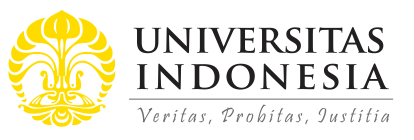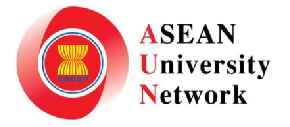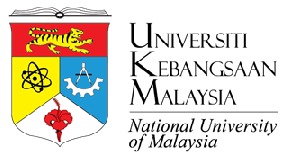
Abstract
This paper is aimed at presenting an implemented community engagementof the University of San Carlos School of Education with the communities ofAgusan del Sur, Philipines, in closepartnership with the Justice Peace andIntegrity of Creation-IDC, (JPIC-IDC) Incorporated of Agusan del Sur as aresponse to a felt need in the early childhood education program of theprovince. In 2004, JPIC pooled together concerted resources from provincial andlocal government units, non-government organization and academe to create anddevelop a culture-based curriculum guide for early childhood education that isappropriate and responsive to the needs of indigenous groups in Agusan del Sur,Southern Philippines. To address these needs, an ethnographic community engagement framework was utilized andinitiated by JPIC-IDC team and the University Of San Carlos School OfEducation. The community engagement framework facilitated the partnership ofAgusan del Sur government leaders, a non-government organization in Germany,community cultural masters, Day Care Teachers and the University of San CarlosSchool of Education to create a developmentally appropriate and culture-basedcurriculum for Day Care with a supporting handbook for mother-teachers in earlychildhood education. As a result of this framework, children drop-out decreasedfrom 80% to 10% while parent-community involvement increased from 30% to 90% in2009 (JPIC-IDC, 2007). Ongoing teachertrainings and community orientations on the culture-based curriculum have beenextended to 42 additional communities in 2012-2018 from 35 communities in 2007upon request from the provincial governor. Two editions of a culture-basedhandbook have been published and a third edition is currently prepared forDistrict 2 communities with guided participation by Day Care teachers as co-authors.This community engagement framework, initiated by the Justice Peace andIntegrity of Creation of Agusan del Sur Philippines involving all stakeholdersfrom the provincial leaders to the recipients of early childhood education,serves as a model to community extension service programs (CES) of schools anduniversities as well as to curriculum practitioners and administrators. Threeprinciples involved in this particular community engagement concretelydemonstrate that program sustainability is a product of partnership,sensitivity to culture and context and relevance to community’s need.
References
Aquino. (1999). Storytelling. In Guerrero, Gender Sensitive Feminist Methodologies. Quezon City Philippines: University of the Philippines Press.
C. Aquino, C. Sobrechea. (1999). Pagbabahagi ng Kwentong Buhay. In S. H. Editor, Gender Sensitive and Feminist Methodologies (pp. 83-116). Quezon City: University of the Philippines Press.
Datu Grasya, D. M. (Performer). (2006). Ulahingan. Agusan del Sur, Philippines.
Gargantiel, O. (2013). History of the Barangay. Retrieved May 29, 2017 from www. hi-natuan.com.
JPIC. (2007). Day Care Survey. Agusan Del Sur: JPIC.
McCloskey, Gaxiola,Michener. (2011). Principles of Community Engagement 2nd Edition. Na-tional Institute of Health USA.
Miel, D. (2007). Culturally Based Curriculum 2008. Agusan del Sur, Philippines.
Pe-Pua, Rogelia & Elizabeth Protacio-Marcelino. (2000). Sikolohiyang Pilipino (Filipino Psy-chology): A Legacy of Virgilio Enriquez. Asian Journal of Social Psychology, 49-71.
Pepua & Marcelino. (2000). Filipino Psychology: A Legacy of Virgilio G. Enriquez. Asian Jour-nal of Social Psychology, 3:49-71. Province of Agusan Del Sur. (2016, December 8). Retrieved May 29, 2017 from http://www.zamboanga.com
Scott, W. (2004). Barangay. Quezon City Philippines: Ateneo de Manila Press.
Villaluz. (2008). Culturally Sensitive Curriculum for Day Care of Agusan Del Sur. Cebu: JPIC-IDC Agusan.
Recommended Citation
Villaluz, RSCJ, Geraldine D.
(2017).
People empowerment: an approach towards indigenous early child-hood curriculum.
ASEAN Journal of Community Engagement, 1(1).
Available at: https://doi.org/10.7454/ajce.v1i1.64







